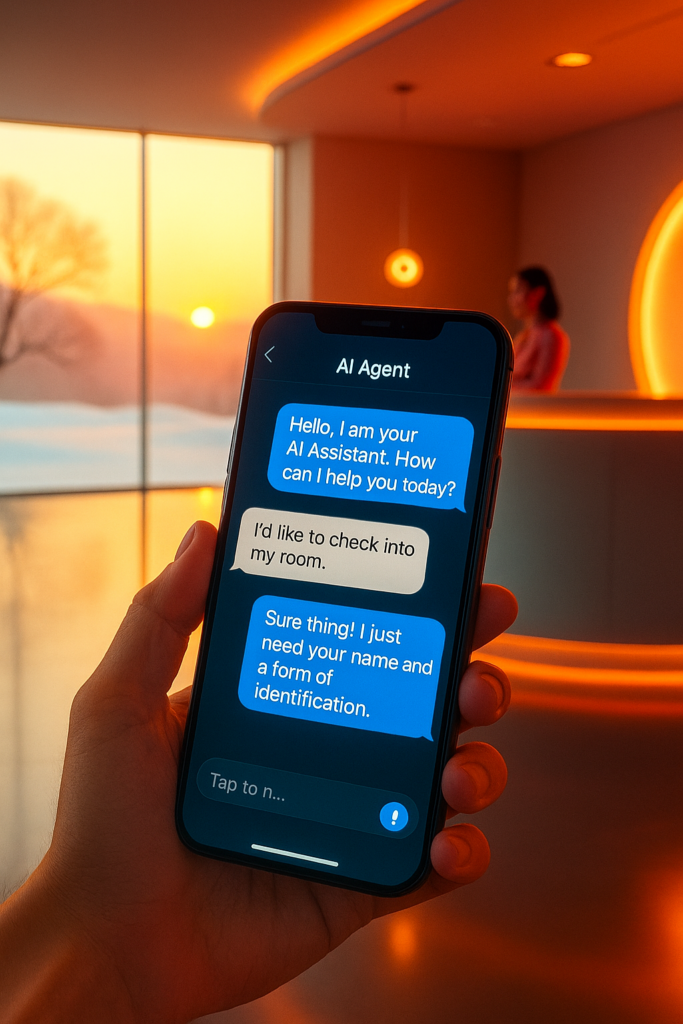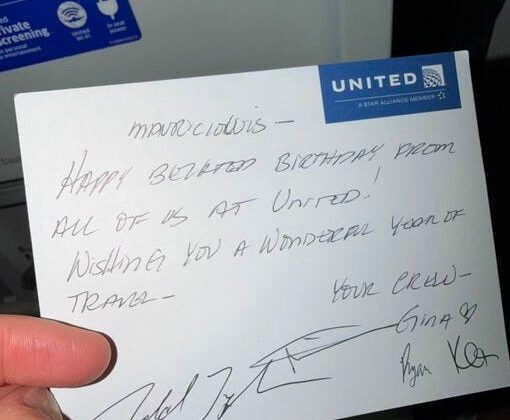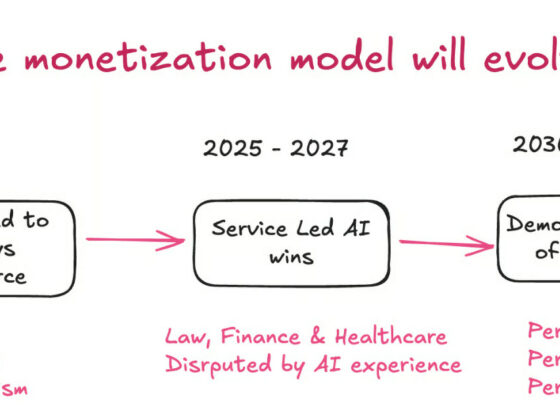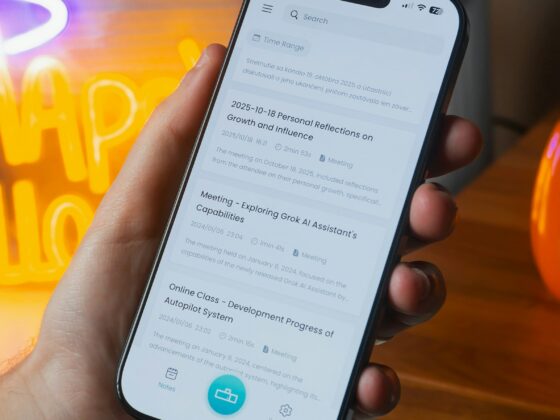
In hospitality, success depends on a lot more than just booking and filling rooms. It’s about crafting high-impact experiences at every step of the hotel customer journey. From the first moment a traveler considers your property to the time they leave a review after checkout, each touchpoint offers a chance to build loyalty and increase revenue.
Traditionally, hoteliers have relied on human staff to manage these interactions. But with staff shortages, rising guest expectations, and the demand for 24/7 service, many hotels struggle to deliver consistent excellence across the guest journey in hospitality. This is where technology makes all the difference.
Modern travelers expect a smooth service through and through—whether they’re booking, checking in, ordering at the spa, or leaving feedback. The hotels that meet these expectations rely on a robust tech stack that reduces friction and ensures a meaningful connection at every stage of the travel customer journey.
Related read: What is an AI Agent? How Hotels Can Leverage AI for Success
How Technology Transforms the Guest Journey in Hospitality
The guest journey has never been more complex. Purpose-built AI tools like TrustYou’s AI Agents help hotels solve daily operational challenges while creating a better guest experience. By handling repetitive requests, guiding travelers with personalized recommendations, and supporting in-house staff, this technology acts as always-on assistants across the entire guest lifecycle.
Let’s break down the five key stages of the hotel customer journey and explore how AI-powered agents can make each step more engaging and more profitable.
1. Pre-Arrival: Inspiring and Converting Guests
Needless to say, the guest journey begins long before someone steps into your lobby. During pre-arrival, travelers are researching destinations, comparing hotels, and deciding where to book. Here, the stakes are high: a slow response or unclear information can send a potential guest straight to a competitor or to an OTA. To prevent this, AI-driven concierges help hotels deliver timely answers and personalized guidance, setting the tone for a smooth stay from the very start.
Let’s explore exactly how these agents make an impact in the pre-arrival stage:
- Booking support, 24/7: AI Agents engage with travelers instantly across your website, WhatsApp, SMS, or social channels. Instead of leaving questions unanswered they clarify policies, explain amenities, and guide guests through the booking process. They can recommend the best room type, suggest packages, and even cross-sell services like parking or breakfast, all in real time.
- Reducing drop-offs: Around 98% of hotel website visitors don’t convert into bookings. AI Agents reduce this number by answering questions at the very moment of hesitation. Whether it’s “Does this room have a balcony?” or “Is late checkout available?”, quick, accurate responses keep guests engaged and moving toward a confirmed reservation.
- Personalized recommendations: No two guests are alike, and these concierges ensure they don’t feel like they are. By leveraging profile data, past stays and user behavior, they deliver tailored suggestions like recommending a family suite, offering a spa package, or upselling a higher room category. This builds trust while unlocking new revenue opportunities.
- Lower acquisition costs: Every OTA booking cuts into profits with heavy commissions. By converting more inquiries directly on your channels with these tools, you’ll be reducing dependence on OTAs and improving margins.
Result: More conversions, lower costs, and a stronger first impression.
2. Arrival: Setting the Stage for a Flawless Stay
The arrival stage sets the tone for the entire trip. Unfortunately, long lines, miscommunication, or missed details can create frustration before the stay starts. Guests want efficiency and warmth from the moment they step in, or even before, with mobile pre-check-in.
Here’s how adding AI Agents to your tech stack makes a big difference at this stage:
- Instant answers during check-in: AI Agents handle common arrival queries (like Wi-Fi access, parking info, check-in times, etc.), so staff can focus on personal welcomes.
- Streamlined operations: By integrating with PMS and CRM systems, AI Agents ensure accurate room assignments, booking confirmations and add-on purchases (such as breakfast or spa access).
- Multilingual support: No matter where guests come from, these concierges break down language barriers and ensure smooth communication.
Result: Faster check-in, happier guests, and less operational strain on staff.
3. Stay: Strengthening Every Interaction
The stay stage is where hotels have the most opportunities to delight guests… but also the greatest risk of friction. Even small frustrations like forgotten amenities or room service delays can leave a negative impression.
AI-powered chatbots can make an impact in the following ways:
- Digital concierge: Guest Agents provide real-time recommendations for restaurants, local attractions, and on-property services, providing a better overall experience while boosting upsells.
- Proactive service recovery: If a guest reports an issue, AI Agents instantly log, categorize, and escalate it to the right staff, which ensures faster resolution and reduces costly compensation.
- Upselling on autopilot: Agents seamlessly suggest late checkouts, spa treatments, or room upgrades based on the guest’s profile and preferences. In other words, they excel at turning conversations into revenue without extra effort.
Result: A stay that feels personalized, effortless and memorable.
4. Departure: Ending on a High Note
Even though departure is often overlooked, it’s still an important stage of the guest journey in hospitality. In fact, the checkout experience influences how guests remember their stay and whether they’ll return. Long waits or billing errors can undo days of excellent service.
How AI helps create a memorable moment at this stage:
- Frictionless check-out: Guests receive automated reminders, easy digital check-out options, and immediate confirmations, reducing lobby congestion.
- Final upsell opportunities: AI-powered chatbots can offer transportation options, loyalty sign-ups, or even discounted future bookings before departure.
- Consistent service, even at peak times: With AI concierges handling routine queries, staff can dedicate attention to guests who need a more personal touch.
Result: Guests leave with a positive final impression and are more likely to return.
5. Post-Stay: Turning Guests into Loyal Advocates
Now, the post-stay stage is also a great opportunity to keep delighting your guests. When used correctly, you can build loyalty, encourage repeat visits and amplify your reputation through reviews.
Where AI makes an impact:
- Timely review requests: Follow-up messages are automatically triggered encouraging reviews at the right moment, improving feedback rates and online reputation.
Pro tip: With a Customer Experience Platform in place, you can reply to your guests’ reviews quickly and automatically, which helps secure a strong brand image. - Personalized re-engagement: AI Agents tailor communications for future offers, loyalty programs, or seasonal promotions.
- Closing the feedback loop: Insights from guest feedback feed directly back into your knowledge base, ensuring the next stay is even better.
Result: Stronger reputation, more repeat guests, and marketing campaigns with higher conversion rates.
Delivering High-Impact Experiences with AI Agents
The travel customer journey is not so linear or predictable anymore, and every stage presents both challenges and opportunities. Looking back across the journey, the role of AI in delivering a great customer experience becomes clear:
- In the pre-arrival stage, it reduces hesitation and drives direct bookings.
- At arrival, it ensures guests feel welcomed with instant, personalized support.
- During the stay, it acts as a digital concierge and staff ally, handling requests and powering upsells.
- At departure, it streamlines check-out and minimizes friction.
- In the post-stay phase, it keeps the conversation going, gathering feedback and building loyalty.
In conclusion, hotels that use AI to remove friction and improve the guest journey turn touchpoints into meaningful moments. Those moments add up to better service and, in turn, better service builds stronger businesses—ones built to thrive in a competitive, overcrowded market.
Ready to see AI Agents in action? Book a demo and discover how to optimize every stage of your guest journey.







